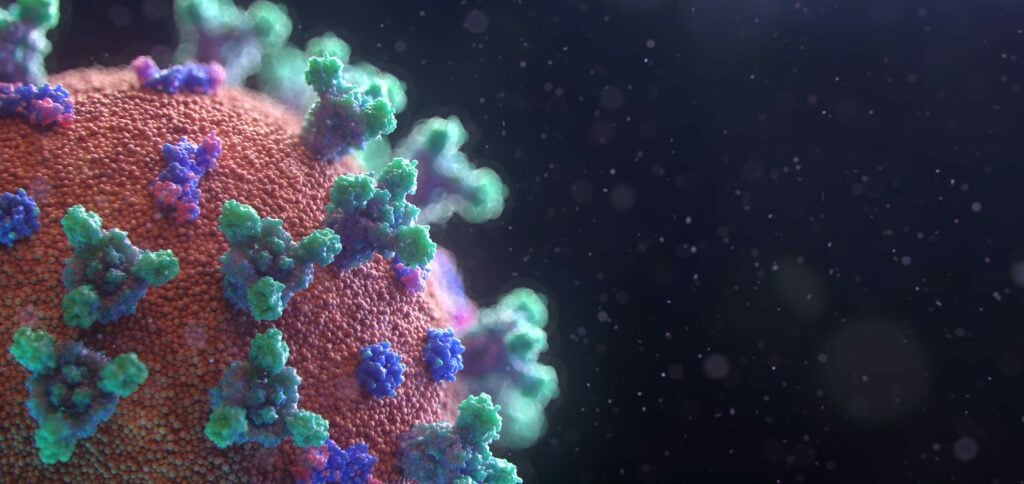According to WHO data, as of November last year, more than half of Covid-19 infections worldwide were caused by one of the five subvariants of Ômicron: BA.1, BA.2, BA.3, BA.4 and BA.5. Brazil already had all these lineages – and they continue to divide.
ADVERTISING
The most recent data from Todos Pela Saúde Institute (ITpS), which monitors the coronavirus positivity rate, points out that positivity remained low in September (3%), with a higher frequency of variants BA.4 and BA.5 (97,9%).
“A variant that has been circulating a lot currently is from a lineage called BE.1.1, which is a descendant of BA.5. Today there is already the BK, the BF, the BE, all derived from the BA.5. The virus spreads, undergoing different mutations, and lineages of lineages of lineages emerge. The thing takes on such a large proportion that it is difficult even for us to track it”, explained Anderson Fernandes de Brito, virologist and researcher at ITpS.
Hundreds of variants
To date, it is estimated that more than 200 new sublineages of Ômicron and derivatives have emerged. Therefore, the greater the circulation of the virus, the greater the possibility of new mutations and variants emerging.
ADVERTISING
“The fact is that the virus will not disappear, it will always evolve and develop new mutations. There are about two to three mutations per month. We are finally in a low transmission scenario, but we will most likely still hear about the descendants of different types of omicron”, said Brito.
The emergence of new sublineages happens faster than science can sequence.
Importance of vaccination
The population's vaccination coverage scenario at the time a variant arrives is crucial. With the drop in vaccination coverage among people who have the extra doses, it is important to reinforce that the pandemic is not over e we cannot be unprotected, as new variants can still gain ground and spread again.
ADVERTISING
Source: Einstein Agency



